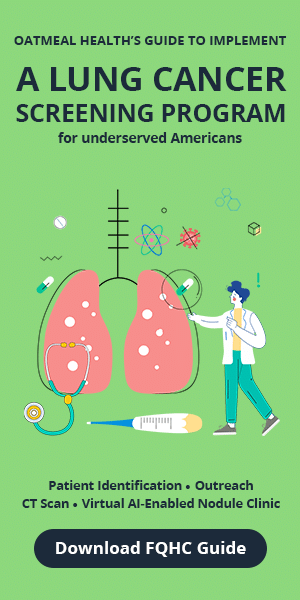Share this article and save a life!
(Reuters Health) – In 2017-2019, the health benefits program for U.S. seniors spent an estimated $569 million on four cancer drugs that had received accelerated approval but later proved to have no survival benefit, according to a new study.
During the study period, Medicare Parts B and D paid for the four drugs, which have since been confirmed to have no benefit to overall survival for 10 indications originally approved under the U.S. Food and Drug Administration’s accelerated pathway. Of the total expenditure, $224 million was spent on six indications that were either voluntarily withdrawn by the manufacturer in the past year or recommended for withdrawal by the FDA’s Oncologic Drugs Advisory Committee (ODAC), the authors report in JAMA Internal Medicine.
“The key message to me is that we are spending a significant amount of money on these drugs which do not have proof of efficacy on clinically meaningful endpoints,” said the study’s first author, Mahnum Shahzad, a student in the PhD program in health policy at Harvard University and a research fellow at the department of population medicine at Harvard Medical School and Harvard Pilgrim Health Care Institute in Boston.
That doesn’t mean that the accelerated approval (AA) program should be scrapped since it allows promising drugs for unmet needs to be available to patients more quickly, Shahzad said.
“The public needs to understand that because a drug is approved it does not mean we are certain it has benefit,” Shahzad said in an email, adding that regulators need to think about how this pathway should be reformed so that the benefits of early access are better balanced with the downsides of spending large sums of money on drugs without clinical benefit.
For the study, Mahnum and colleagues examined data from the Medicare Parts B and D Drug Spending Dashboards for 2017 to 2019 on four drugs and the 10 indications for which they originally received accelerated approval: atezolizumab (breast and cisplatin-ineligible and cisplatin-eligible urothelial cancer), durvalumab (urothelial cancer), nivolumab (hepatocellular and lung cancer), and pembrolizumab (gastric, hepatocellular, lung, and urothelial cancer).
Medicare spending data does not include the indication, so the researchers also analyzed data collected by OptumInsight Clinformatics on the Medicare Advantage population covered by a large U.S. insurer during the same period to estimate proportions of Parts B and D spending that were for each indication.
Over the past year, FDA has reviewed the 10 indications confirmed to have no clinical benefit, Mahnum’s team notes. Four indications were withdrawn by manufacturers in 2021: atezolizumab for urothelial cancer, durvalumab for urothelial cancer, and nivolumab and pembrolizumab for lung cancer.
Overall, during the study period Medicare spent an inflation-adjusted $569 million on the four drugs, of which $498 million corresponded to indications reevaluated by the FDA, the study found. Among indications, $171 million corresponded to indications voluntarily withdrawn by manufacturers, and $345 million was spent on the four indications ODAC had voted to retain.
Among the study’s limitations is the use of a Medicare Advantage database to estimate proportionate spending, the authors note. The study also does not include people covered by Medicaid or other forms of insurance.
There are risks associated with approving drugs that may eventually prove to have no benefit, Mahnum said. “There are avenues through which this pathway could be improved, such as the FDA enforcing timely completion of high-quality confirmatory trials, or quickly withdrawing indications where overall survival benefits are not confirmed, or evidence is not generated in a timely manner.”
“This is a very timely and relevant study,” said Ge Bai, a professor of accounting at the Johns Hopkins Carey Business School and a professor of health policy and management at the Johns Hopkins Bloomberg School of Public Health in Baltimore. “Simply speaking, at least 40% of Medicare spending on AA cancer drugs is wasteful, bringing no clinical benefit to patients but increasing burdens on taxpayers,” Bai said in an email.
“The AA program incentivizes drug manufacturers to fill unmet medical needs,” Bai added. “However, without due diligence from FDA, the program can be abused at the expense of patients and taxpayers.”
SOURCE: https://bit.ly/3lSXs82 JAMA Internal Medicine, online October 18, 2021.
Share this article and save a life!
Author:

Jonathan is a seasoned executive with a proven track record in founding and scaling digital health and technology companies. He co-founded Oatmeal Health, a tech-enabled Cancer Screening as a Service for Underrepresented patients of FQHCs and health plans, starting with lung cancer. With a strong background in engineering, partnerships, and product development, Jonathan is recognized as a leader in the industry.
Govette has dedicated his professional life to enhancing the well-being of marginalized populations. To achieve this, he has established frameworks for initiatives aimed at promoting health equity among underprivileged communities.





